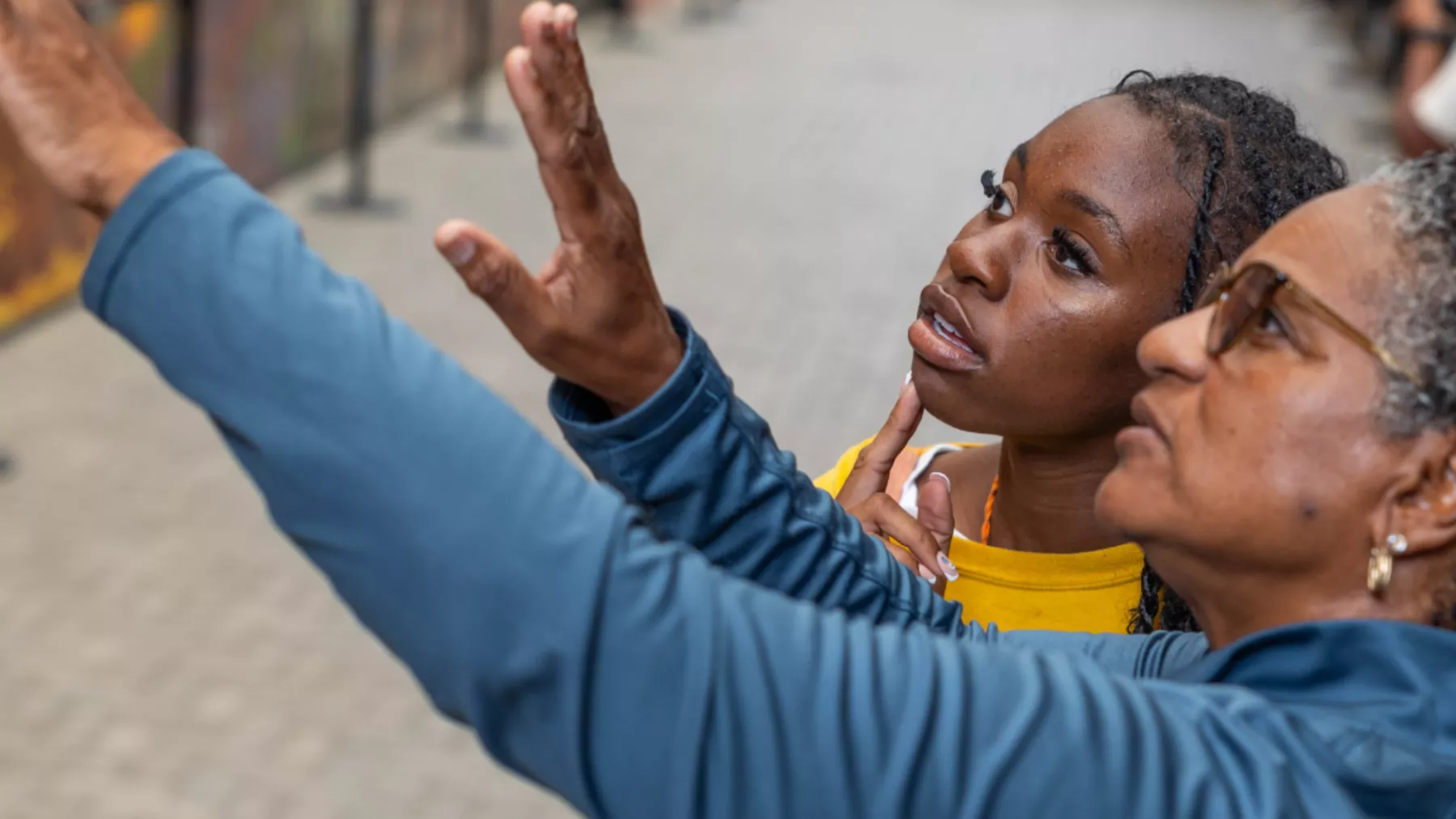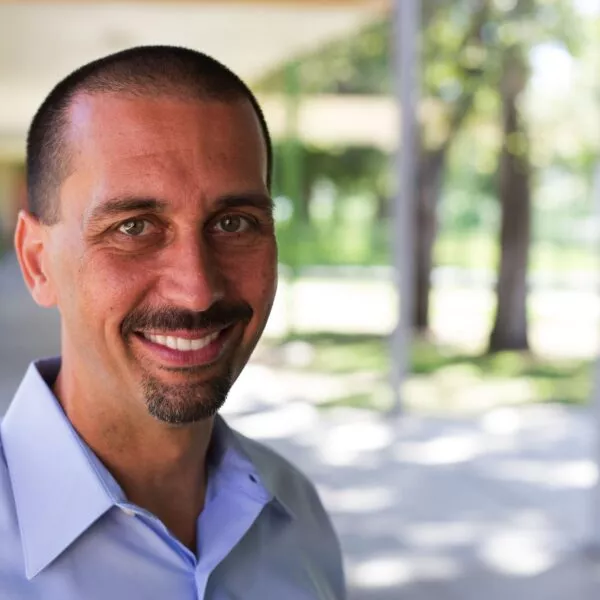Where We Travel
We immerse students in safe, vibrant, and beautiful locations in Costa Rica, Panama, and the Dominican Republic.
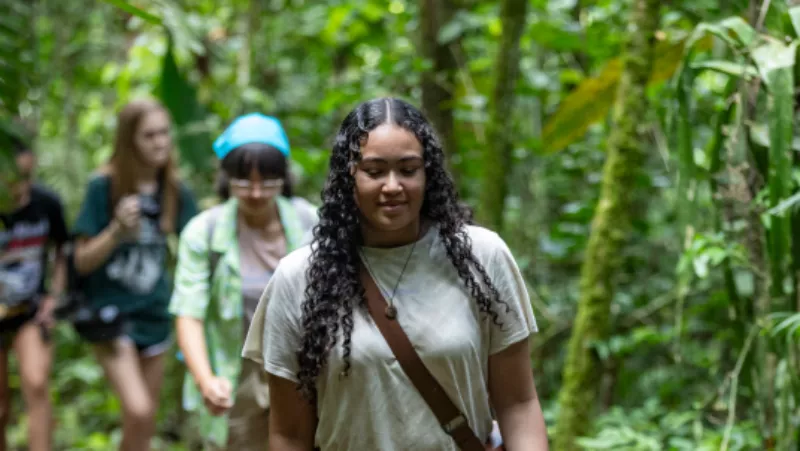
The Global Glimpse Experience
02:54Beyond the Beaten Path
Our program locations in Costa Rica, Panama, and the Dominican Republic are intentionally off the beaten path so students can have deeper, more unique and authentic experiences with fewer tourists. Each program is thoughtfully designed to support students to explore powerful curricular themes through hands-on learning and genuine connections with local people and communities.
- Environmental Conservation
- Education
- Global Business
- History & Politics
- History & Politics
- Cultural Preservation
- Human Rights
- and more!
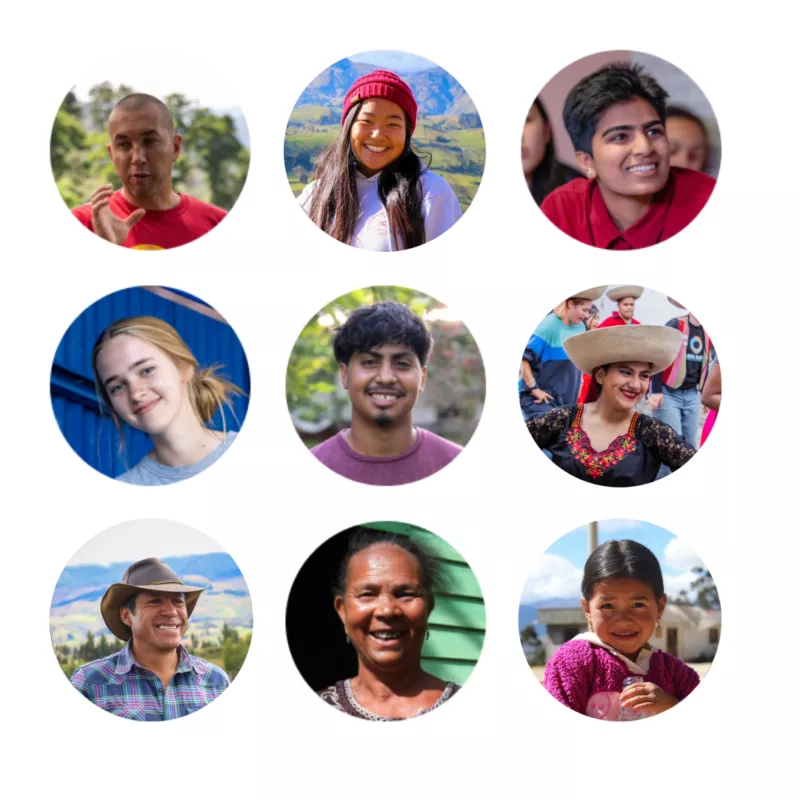
People-Centered Experiences
We believe that educational travel should be rooted in hands-on learning and deep connections with local people and communities. Our unique approach to community-centered travel places people at the heart of our programs. From business and community leaders to sustainable farmers, artists, educators, Indigenous communities, youth leaders, and entrepreneurs, our programs’ most powerful learning moments come from the people our students spend time with—in community!
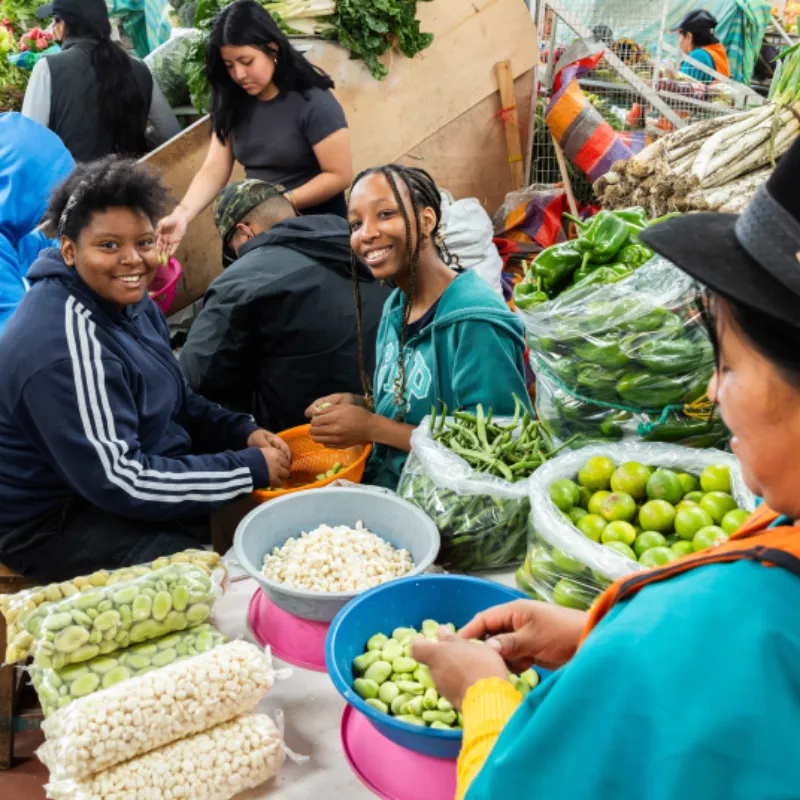
Hands-On Learning & Leadership Development
Leadership development is an integral part of all of our programs, specifically fostering the 3Cs—Courage, Commitment, and Compassion—through hands-on activities like Leader of the Day, Community Action Projects, nightly meetings, travel journaling, self-reflection, and feedback and coaching from peers and Global Glimpse staff.
Explore Our Destinations
We travel to places where rich cultural heritage, stunning natural landscapes, and vibrant communities create unique, transformative learning environments for our students.
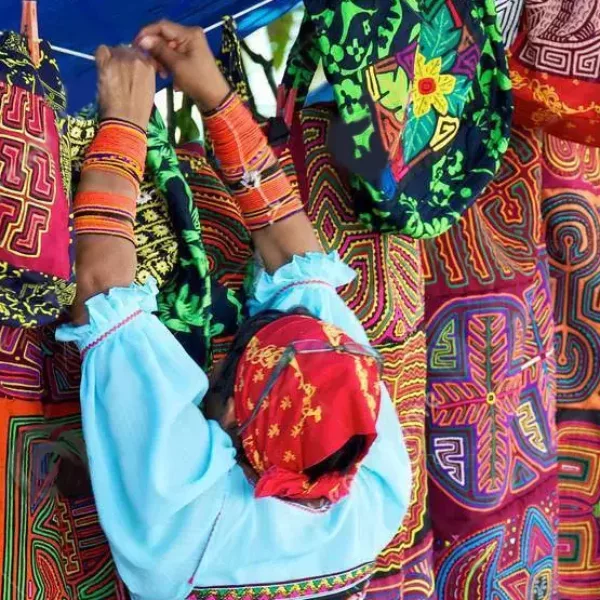
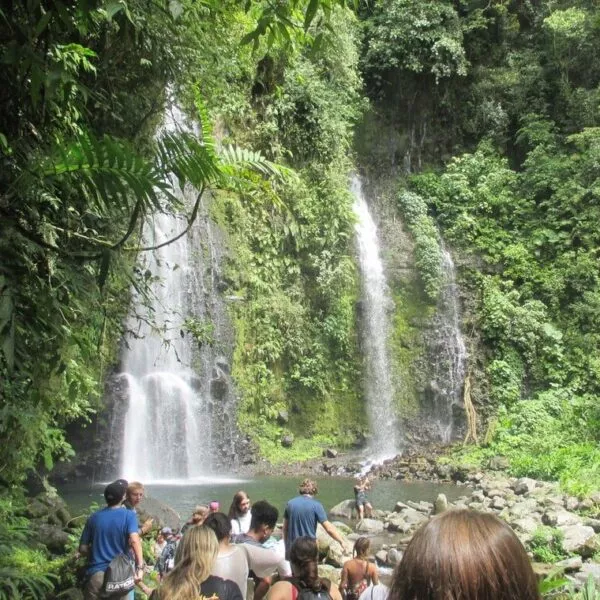
 Costa Rica
Costa Rica
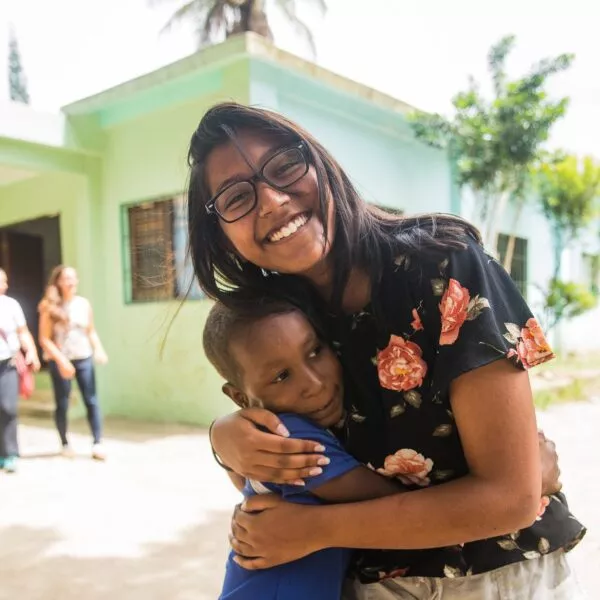
 Dominican Republic
Dominican Republic
2026 Trip Dates
June 4 – June 14: Jarabacoa, Dominican Republic (JA1A)
June 5 – June 15: Turrialba, Costa Rica (T1A)
June 8 – June 18: Las Tablas, Panama (LT1A)
June 12 – June 22: Turrialba, Costa Rica (T2A)
June 15 – June 25: Las Tablas, Panama (LT2A)
June 18 – June 28: Jarabacoa, Dominican Republic (JA2A)
June 23 – July 3: Jarabacoa, Dominican Republic (JA1B)
June 30 – July 10: Turrialba, Costa Rica (T2B)
July 10 – July 20: Chitre, Panama (CH2B)
July 13 – July 23: Constanza, Dominican Republic (C1C)
July 17 – July 27: Turrialba, Costa Rica (T3C)
July 24 – August 3: Jarabacoa, Dominican Republic (JA1D)
July 27 – August 6: Chitre, Panama (CH2C)
July 30 – August 9: Constanza, Dominican Republic (C1D)
June 8 – June 18: Constanza, Dominican Republic (C1A)
June 12 – June 22: Chitre, Panama (CH1A)
June 16 – June 26: Turrialba, Costa Rica (T3A)
June 26 – July 6: Chitre, Panama (CH2A)
July 2 – July 12: Constanza, Dominican Republic (C2B)
July 17 – July 27: Chitre, Panama (CH1C)
July 27 – August 6: Turrialba, Costa Rica (T1D)
July 30 – August 9: Jarabacoa, Dominican Republic (JA2D)
June 29 – July 9: Las Tablas, Panama (LT1B)
June 29 – July 9: Constanza, Dominican Republic (C1B)
July 2 – July 12: Las Tablas, Panama (LT2B)
July 2 – July 12: Turrialba, Costa Rica (T3B)
July 7 – July 17: Jarabacoa, Dominican Republic (JA1C)
July 10 – July 20: Turrialba, Costa Rica (T1C)
August 3 – August 13: Las Tablas, Panama (LT1D)
August 3 – August 13: Chitre, Panama (CH1D)
August 10 – August 20: Chitre, Panama (CH2D)
August 10 – August 20: Turrialba, Costa Rica (T3D)
August 10 – August 20: Jarabacoa, Dominican Republic (JA1E)
June 26 – July 6: Turrialba, Costa Rica (T1B)
July 2 – July 12: Jarabacoa, Dominican Republic (JA2B)
July 13 – July 23: Las Tablas, Panama (LT1C)
July 20 – July 30: Las Tablas, Panama (LT2C)
July 31 – August 10: Turrialba, Costa Rica (T2D)
August 4 – August 14: Las Tablas, Panama (LT2D)
June 18 – June 28: Constanza, Dominican Republic (C2A)
June 30 – July 10: Chitre, Panama (CH1B)
July 14 – July 24: Turrialba, Costa Rica (T2C)
July 21 – July 31: Constanza, Dominican Republic (C2C)
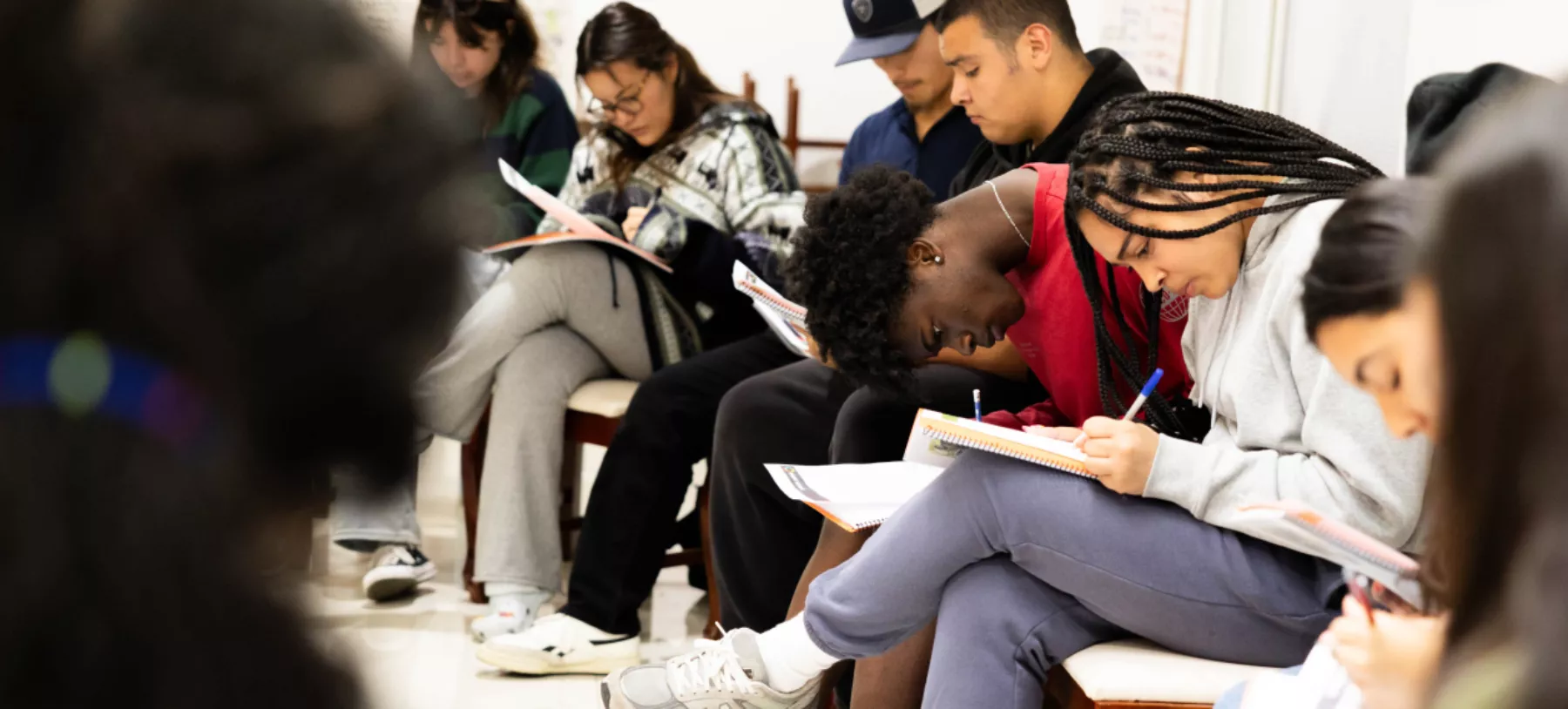
Frequently Asked Questions
Got more questions? Dive into our FAQ section and find the answers you’re looking for!
Our programs are accessible to all students through sliding-fee scholarships and provide service-learning that empowers them to think critically. In the Dominican Republic, Panama, and Costa Rica, credentialed teachers and experienced professionals lead our trips. We have a dynamic student body, and we believe that students learn just as much, if not more, from collaborating and traveling with people from different perspectives as they do from traveling abroad. This combination is what truly sets us apart.
We seek high school juniors who exemplify courage, commitment, and compassion. Ideal candidates are caring, motivated, socially conscious, and eager to learn about the world. We look for students who are ready to step outside their comfort zones, take initiative, and strive to improve their communities. We want those who thrive on challenges, adventure, and broadening their perspectives.
We offer scholarships on a sliding scale to ensure our program is accessible to students from all backgrounds. Depending on the scholarship, students pay between $650 and $3950, covering airfare, accommodation, meals for the 11-day trip, and access to our global education and leadership pre-trip program. There are no hidden fees. Scholarships are based on family income, dependents, and the free and reduced lunch percentage at their school. Independent students are not eligible for Partner School scholarships.
Our mission is to make transformative travel and leadership development accessible, and this year we provided over $3 million in scholarships.
The Global Glimpse program is an inspiring blend of academics, service learning, leadership development, cultural immersion, fun, and adventure. Students dive into local life and culture, explore vibrant markets, stunning waterfalls, pristine beaches, and awe-inspiring volcanoes. They engage in meaningful conversations with local business, community, and environmental leaders, participate in personal reflection, and take part in impactful community action projects with local organizations—all while living and learning alongside peer leaders from different backgrounds. We travel thoughtfully, with itineraries designed to maximize learning and growth.
By no means. Our program is available to students of all language abilities. We consider the Spanish language to be very important in the US today, and we encourage students to practice Spanish and continue their studies, but we provide translation for all activities and we do not limit participants based on language ability.
Global Glimpse goes beyond the traditional approach to service learning by teaching our participants to think critically about sustainability. We take great care in building a service program that truly reflects local needs, exposes our participants to a wide range of effective local organizations, and instills in them a life-long passion for community involvement.
Anyone who has worked in international development and lived for an extended period of time in another country understands that it takes a great deal of time and strong community relationships to create lasting change and economic development. We maintain strong and lasting relationships with the communities that we work with and our student delegations run consecutively throughout the summer to ensure that community service projects are completed to the highest standard with feedback, buy-in, and participation from local communities. We do short service trips very well and we rely on our partner organizations in the communities that we work to sustain the projects our students contribute to.
Costa Rica, Panama, and the Dominican Republic are considered safe destinations for international travelers, including high school students. In the specific towns and cities where we operate, the communities are welcoming to foreigners, and crime rates are low. We have established robust partnerships within these countries, providing us with a broad network and access to top-notch hospitals, physicians, transportation, food providers and accommodations. Furthermore, our local staff is thoroughly trained and dedicated to ensuring the safety and security of all our programs, giving parents peace of mind when their children travel with us.
See our Approach to Safety & Risk Management for more details.
All Global Glimpse summer immersion programs are 11 days long and departure dates range from early June through early August.
Students travel in groups of roughly 20 and are supported by two Global Glimpse Leaders (volunteer educators) and two of our in-country staff. Delegations are composed of high school student leaders from a mix of different schools. Some students will travel with students from their school and others do not. We try to minimize the number of students from the same school to no more than 5 to avoid issues like cliques and support students to step out of their comfort zones to meet new friends. With students from different high schools and backgrounds, participants have the opportunity to learn as much from each other as they do from the places and people where they travel.
Students stay in dormitory-style living accommodations called a base house in their host town with the rest of their group and chaperones. Students will have one or more roommates. Global Glimpse uses catered food and beverages to ensure student safety and fresh, healthy local cuisine. Global Glimpse can usually accommodate special diets if given advance notice.
We prioritize safety and risk management in every aspect of our program. Our students are highly supervised by trained staff and chaperones, and all our in-country staff are First Aid/CPR certified, equipped to handle emergencies in both rural and urban settings. We collaborate with leading risk management partners, including medical and security evacuation providers, doctors, mental health advisors, and specialists, to enhance our industry-leading practices. We invest significantly in resources and ongoing training to minimize risks for our students and staff, as detailed in our Safety & Risk Management Overview.
Additionally, we maintain direct relationships with private clinics and top-notch hospitals experienced in adolescent medicine that are familiar with our organization and students. Every student traveling with us is covered by medical and emergency evacuation insurance. Our food providers are trained to prepare high-quality meals suitable for foreigners, ensuring dietary safety and health. We also closely monitor the political situation through our global network of partners and in-country staff.
By taking comprehensive measures, we minimize health and safety risks while abroad. The strength of our program and our deep connections in Costa Rica, Panama, and the Dominican Republic prepare us to effectively respond to any emergencies that may arise.
Our in-country teams are well-trained to handle both medical and mental health issues. Working closely with our Global Health & Safety Team that includes medical directors and mental health specialists, they are equipped to respond swiftly to any illness using all available resources. We collaborate with local clinics and hospitals that have been thoroughly vetted and evaluated by our in-country staff to ensure they meet our high standards. Additionally, all of our program coordinators hold First Aid/CPR certifications and are trained to manage emergencies effectively.
To further safeguard our participants, every student is covered by emergency evacuation insurance. We also have an adult chaperone health coach dedicated to monitoring the health of all participants throughout the program. While exposure to new foods and environments can sometimes lead to illness, we take extensive precautions to prevent sickness. Nevertheless, we are fully prepared to handle such situations promptly and effectively should they occur.
Accident, illness, and accident-related insurance coverage is provided for all participants. This coverage is included in the program fees. To learn more about our travel insurance policy contact us.
Our US regional staff are not on the trips with students. However, our US based management staff visit in-country programs to ensure that our in-country staff are building and executing safe, high-quality programs. Trained volunteer chaperones called GG Leaders who are usually high school teachers and educators travel from the US with the students and are with them throughout the trip. They are also met at the airport in their host country by two bilingual Global Glimpse Program Coordinators who support the group the entire trip. In addition our local country teams are available to add additional support as needed and regularly visit each program site to ensure safe, high-quality programming is occurring.
We take the health and safety of all our students very seriously and will send a student home if the entire staff agrees that the safety of that student or any student in the group is at risk. We have a zero tolerance policy for alcohol, drugs and violence and students who do not follow these rules will be sent home immediately. We will never send a student home without speaking with their parents/guardians.
Yes. You can learn more about our application process HERE. All students must be nominated for the program and will then receive access to the application through an invitation email. The application is composed of 6 short answer questions, parent information, and health information. If you’re interested in applying, please visit the How To Apply page, fill out an interest form and Global Glimpse staff will support you through the next steps!
No. Global Glimpse is a selective leadership program. However, nominated students who put in the effort to complete a thoughtful and honest application have a strong chance of being accepted. We work to select students whose applications demonstrate courage, compassion, and commitment as well as leadership potential. We reserve the right to reject any student if we do not believe that they truly want to be a part of the program or if we feel that his or her participation would not be advisable for health or safety reasons.
Interested in applying, please visit the How To Apply page, fill out an interest form and Global Glimpse staff will support you through the next steps!
